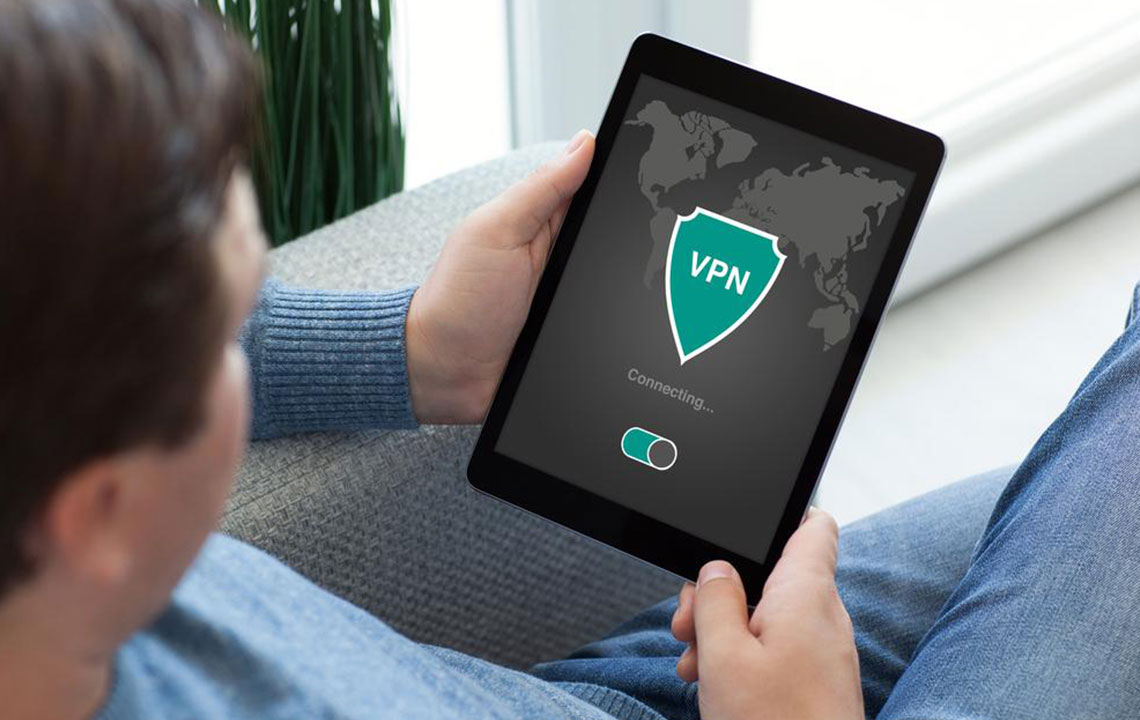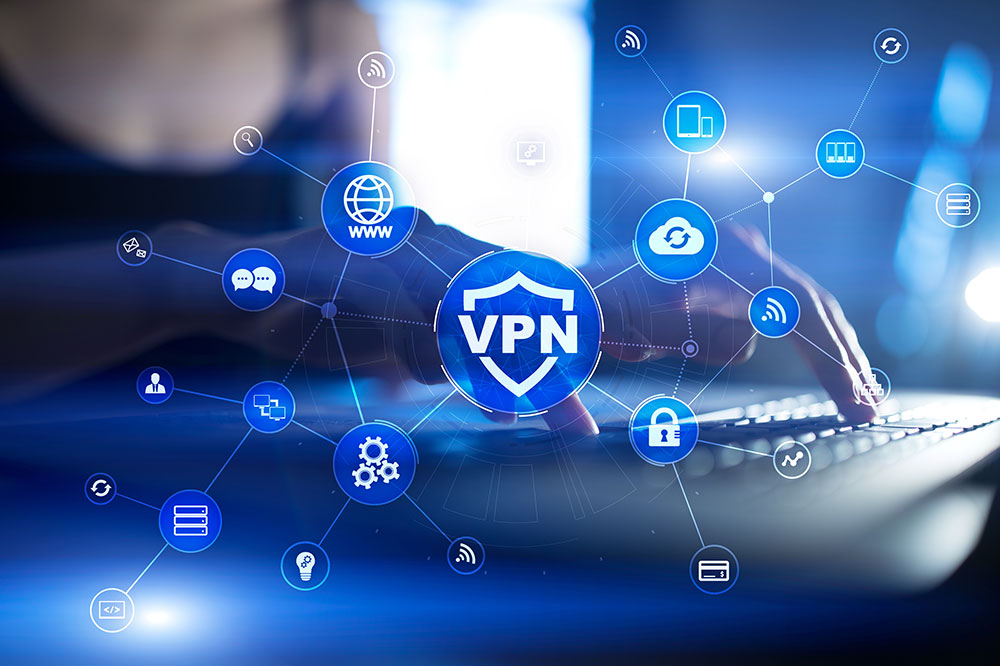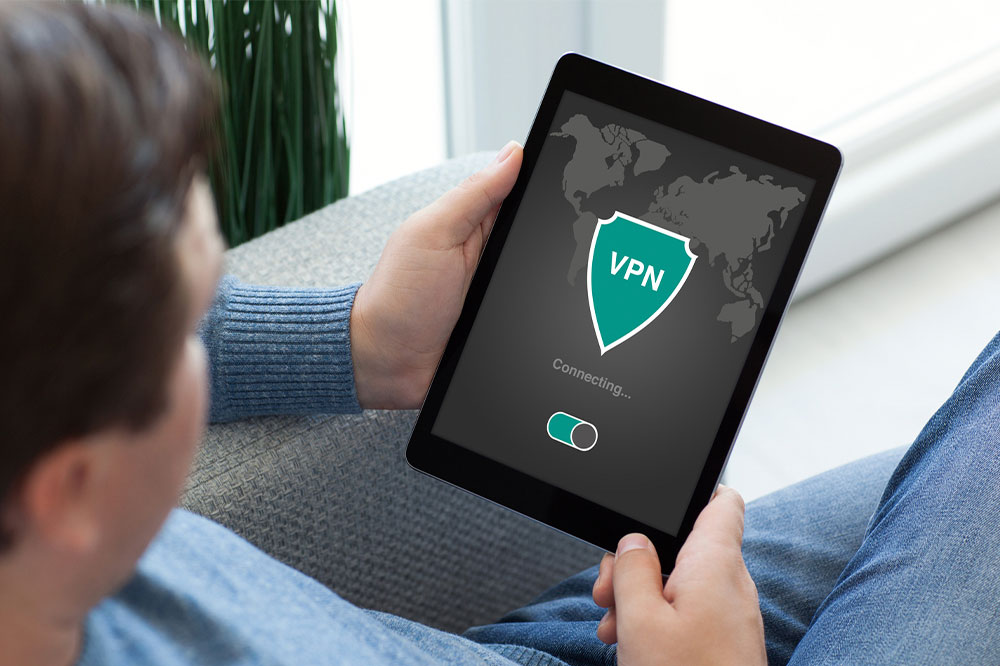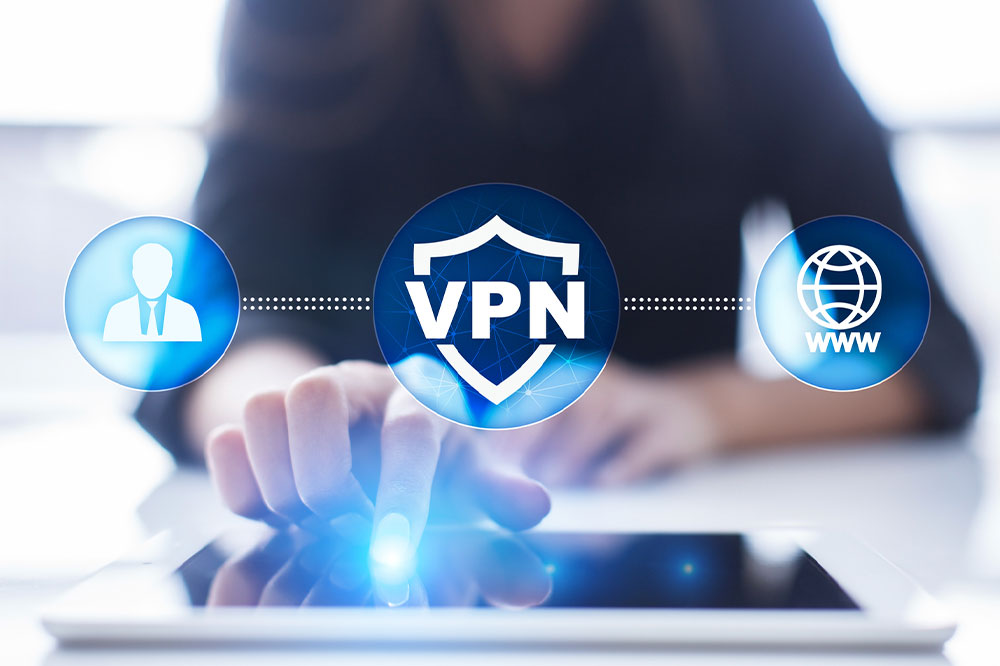Comprehensive Guide to Choosing the Perfect VPN Service for Enhanced Online Privacy
Choosing the right VPN service is essential for ensuring online privacy and security. This guide discusses key factors like security protocols, privacy policies, server networks, device compatibility, P2P support, customer service, and pricing. By understanding these elements, users can select a VPN that best fits their needs, whether for streaming, anonymous browsing, or file sharing. Proper VPN selection enhances protection from cyber threats, government surveillance, and data leaks, providing peace of mind in the digital age.
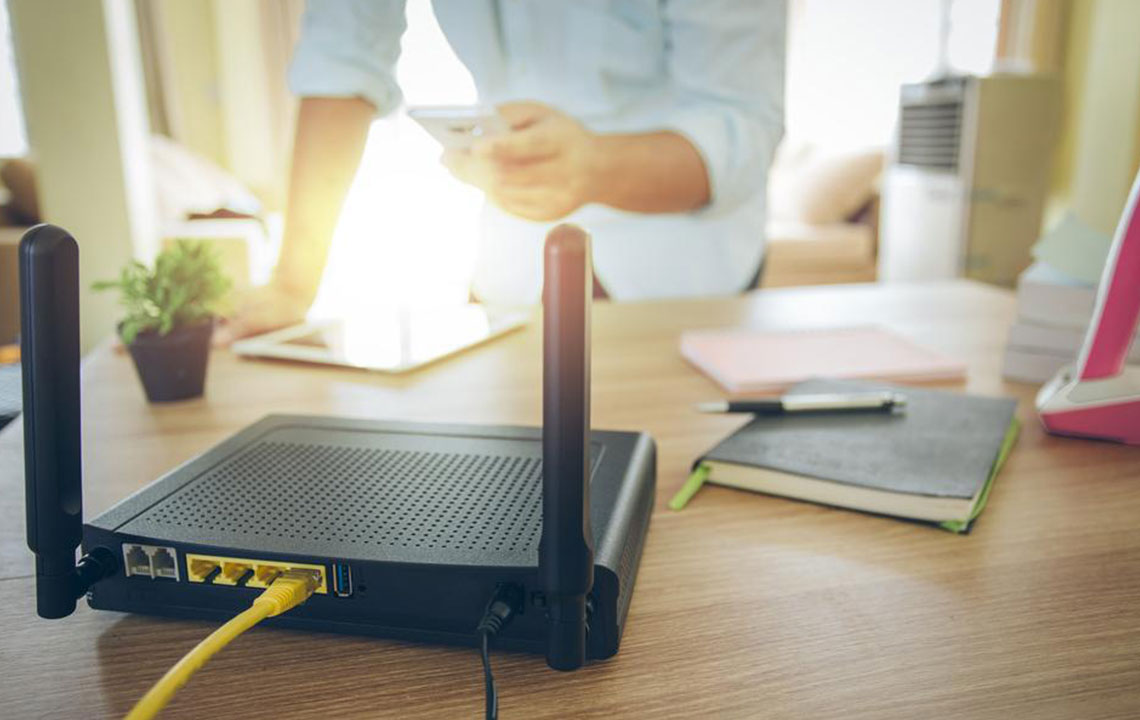
Comprehensive Guide to Choosing the Perfect VPN Service for Enhanced Online Privacy
In today’s digital age, securing your online presence is more crucial than ever. A Virtual Private Network (VPN) serves as an essential tool that helps safeguard your internet activities from hackers, government surveillance, and third parties. With a plethora of VPN providers available in the market, selecting the right one can be overwhelming. This comprehensive guide aims to walk you through the vital factors you should consider before subscribing to a VPN service, ensuring that your online privacy and security are well-protected.
Understanding what makes a VPN reliable and trustworthy is the first step towards making an informed decision. From security protocols and privacy policies to server networks and device compatibility, this article explores every aspect you need to evaluate. Whether you’re prioritizing streaming, anonymous browsing, or P2P sharing, knowing these key elements can help you choose a service that aligns perfectly with your needs.
Let’s delve into the essential factors to consider when selecting a VPN provider and how each feature impacts your online security and privacy.
Security Protocols and Encryption Standards
The cornerstone of any reliable VPN is its security framework. When evaluating options, examine whether the VPN supports industry-standard protocols such as OpenVPN, IKEv2/IPSec, L2TP, SSTP, and PPTP. OpenVPN is often considered the gold standard due to its robust security and high performance. Additionally, look for providers that prioritize encryption by using AES 256-bit encryption, which is virtually unbreakable and provides a high level of protection for your data.
Advanced Security Features include DNS leak protection, IPv6 leak prevention, and a kill switch. A kill switch is vital as it instantly terminates your internet connection if the VPN drops unexpectedly, preventing any unencrypted data from leaking out. DNS leak protection ensures that your DNS queries are routed through the VPN, avoiding accidental exposure of your browsing activity to third parties.
Privacy Policies and Log Management
Privacy is a fundamental concern for VPN users. Prioritize VPN services with strict no-logs policies, meaning they do not retain records of your online activity, connection timestamps, IP addresses, or any personally identifiable information. Many reputable VPN providers openly publish their privacy policies, demonstrating transparency and dedication to user confidentiality. Be wary of services that keep logs as they can potentially compromise your anonymity, especially during legal requests or data breaches.
Choosing a zero-log VPN not only protects your privacy but also aligns with best practices for secure and anonymous browsing, ensuring your activities cannot be traced back to you.
Global Server Network and Geographic Diversity
The size and distribution of a VPN provider’s server network significantly influence its performance and effectiveness. A comprehensive server network, ideally spanning over 100 countries and including thousands of servers, enables you to spoof your location reliably and access geo-restricted content. Services like HideMyAss and NordVPN boast expansive networks with servers in over 190 countries, providing users with flexible options whether streaming international content or ensuring anonymity in various regions.
Additionally, a diverse server network reduces congestion, increasing connection speeds and decreasing latency, which is critical for activities like streaming, gaming, or large file transfers.
Compatibility Across Devices and Platforms
To maximize your VPN’s utility, choose a provider that supports multiple devices and operating systems seamlessly. Major platforms such as Windows, macOS, iOS, and Android should be supported with dedicated apps that are easy to install and configure. Many top VPN providers also extend support to browser extensions for Chrome, Firefox, and Edge, allowing you to secure your browsing without installing a full app.
Further, compatibility with routers and external devices enhances your network security, covering all devices connected to your home or office network. If you engage in P2P sharing or torrenting, confirm that the VPN explicitly supports such activities, offering optimized servers for P2P traffic and maintaining high speeds.
Support for P2P and Torrenting
If your primary use involves file sharing via P2P networks, ensure the VPN explicitly supports P2P traffic. Not all VPNs allow torrenting on their servers, and some even restrict P2P activity entirely. Selecting a VPN that provides dedicated P2P servers, combined with strong security measures, ensures both speed and safety during file sharing activities.
Look for providers that advertise P2P support openly and permit torrenting on their servers without risking account suspension or data leaks. Reliable P2P support is essential for users engaged in legal sharing, content creation, or collaborative projects that require privacy.
Customer Support and User Assistance
Excellent customer service is a vital aspect of choosing a VPN. You want a provider that offers responsive support channels such as live chat, email assistance, or a comprehensive knowledge base. Well-documented tutorials and FAQs can help troubleshoot common issues independently. Additionally, reliable customer support reassures you that help is available promptly if you encounter technical difficulties, connection problems, or billing concerns.
Test the support quality via chat or email before making a long-term commitment, and read user reviews to gauge the responsiveness and professionalism of the support team.
Pricing, Plans, and Payment Methods
While affordability is important, don’t compromise security and features for a lower price. Compare plans among reputable VPN providers, noting their features, server options, and refund policies. Many services offer free trials or money-back guarantees, so you can test their performance and suitability before committing.
Secure payment options like credit cards, PayPal, or cryptocurrencies can enhance your privacy during transactions. Be cautious of VPN providers that request unnecessary personal data or offer suspicious payment methods, as these could undermine your privacy efforts.
Ultimately, choosing a VPN involves matching your specific needs—be it streaming, gaming, P2P sharing, or general privacy—with a service that offers robust security, a comprehensive server network, good device support, and transparent policies. Making an informed decision helps safeguard your online activity and preserves your digital freedom in an increasingly connected world.
